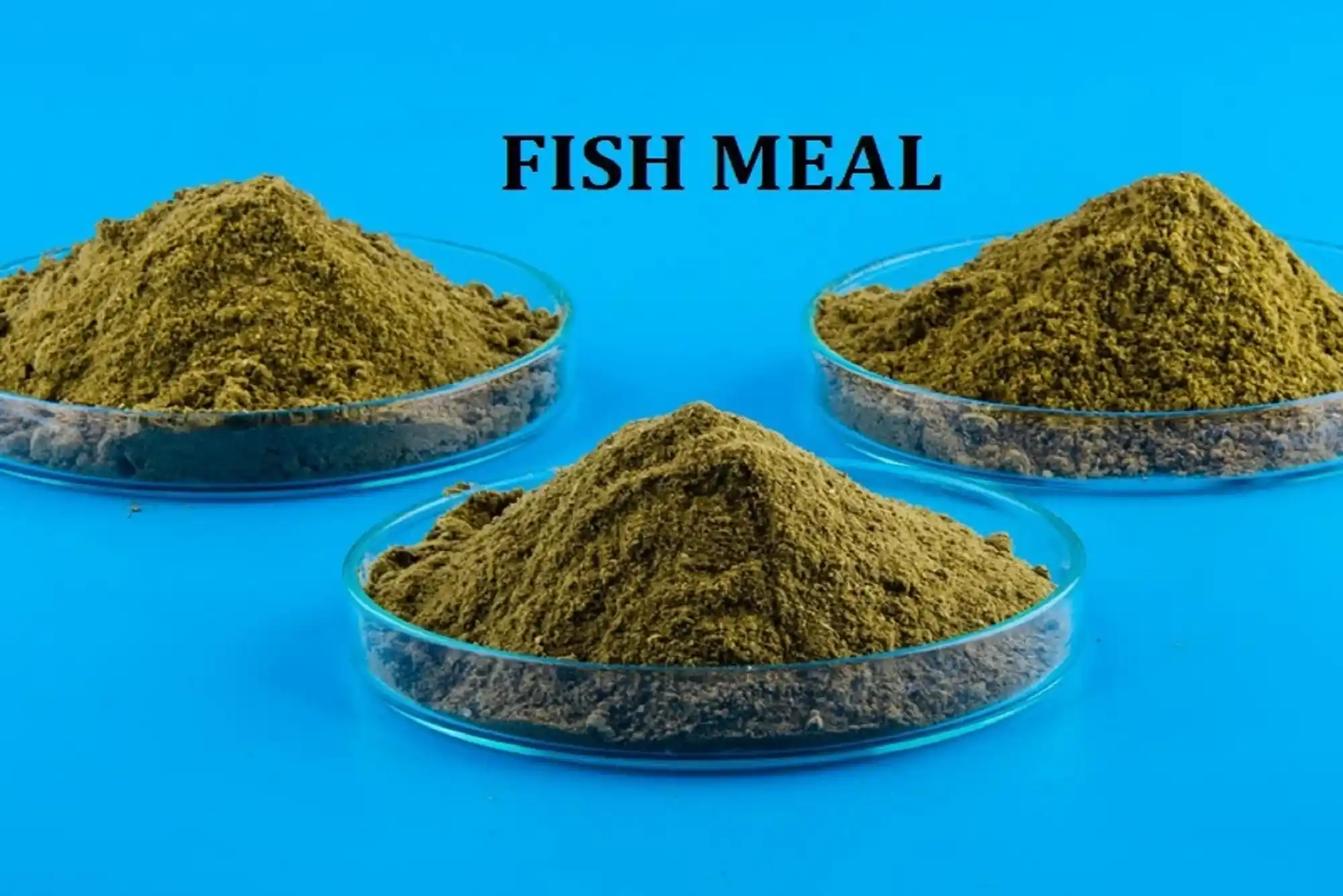Aquaculture is a rapidly expanding industry, driven by the global demand for sustainable and nutritious seafood. High-quality fish meal plays a critical role in optimizing fish farming operations, providing essential nutrients that support growth, health, and overall productivity. Sourced from carefully processed fish by-products, fish meal offers a highly digestible protein source, making it indispensable for commercial aquaculture.
By incorporating advanced production techniques and sustainable sourcing strategies, the fish meal industry ensures that aquaculture operations receive a consistent and high-quality feed ingredient. The growing emphasis on eco-friendly practices has also led to innovations in fish meal production, allowing for reduced environmental impact while maintaining optimal nutritional value. As a result, aquaculture businesses worldwide are turning to premium fish meal as a cornerstone of their feeding programs.
Nutritional Benefits of Fish Meal in Aquaculture
Fish meal is renowned for its high protein content, making it an essential ingredient in aquaculture feeds. It contains vital amino acids that contribute to muscle development, immune system function, and overall fish health. Unlike plant-based protein sources, fish meal provides a well-balanced nutrient profile that closely matches the dietary requirements of farmed fish species.
In addition to protein, fish meal is rich in omega-3 fatty acids, which play a crucial role in promoting cardiovascular health, reducing inflammation, and improving the overall quality of farmed fish. The inclusion of fish meal in aquaculture diets also enhances feed efficiency, reducing the amount of feed required per unit of fish growth. This not only optimizes costs but also minimizes waste output, contributing to more sustainable farming practices.
The Fish Meal Production Process and Cost Factors
The production of high-quality fish meal involves several meticulous steps, ensuring that the final product retains its nutritional integrity. The process typically begins with the selection of raw materials, such as small pelagic fish, fish trimmings, and by-products from fish processing industries. These raw materials are carefully handled to prevent degradation before undergoing steam cooking, pressing, and drying.
Once dried, the fish meal is ground into a fine powder and tested for quality, including protein content, moisture levels, and absence of contaminants. Advanced processing technologies, such as low-temperature drying and enzymatic hydrolysis, help maintain the bioavailability of key nutrients while preserving the natural characteristics of fish meal.
Cost factors associated with fish meal production vary depending on raw material availability, processing methods, and regional market conditions. Sustainable sourcing practices, including fishery management and responsible harvesting techniques, also influence pricing. While premium-grade fish meal may come at a higher cost, its superior digestibility and nutrient profile make it a worthwhile investment for aquaculture operations seeking long-term profitability.
Sustainable Sourcing and Environmental Considerations
With increasing concerns over marine resource depletion, the fish meal industry is prioritizing sustainable sourcing to ensure long-term viability. Responsible fisheries management, certification programs, and alternative raw material sourcing are key strategies used to minimize environmental impact.
Sustainable fish meal production involves utilizing by-products from seafood processing, reducing reliance on whole fish and optimizing resource efficiency. Additionally, certification bodies such as the Marine Stewardship Council (MSC) and the International Fishmeal and Fish Oil Organization (IFFO) set standards to ensure traceability and responsible fishing practices.
By supporting sustainably sourced fish meal, aquaculture businesses contribute to the conservation of marine ecosystems while maintaining access to high-quality feed ingredients. Ethical sourcing also enhances consumer trust, as more seafood buyers prioritize sustainability when selecting farmed fish products.
Choosing High-Quality Fish Meal for Optimal Results
Selecting high-quality fish meal is crucial for achieving the best results in aquaculture. Several factors should be considered, including protein content, digestibility, freshness, and the presence of essential fatty acids. Reputable suppliers provide transparency regarding their sourcing, processing methods, and quality control measures.
Aquaculture operations looking to incorporate premium-grade fish meal into their feeding programs can explore Fish Meal options from reliable sources. Ensuring that fish meal meets industry standards for purity and nutritional composition guarantees maximum benefits for farmed fish health and productivity.
Blueline Worldwide: A Trusted Partner in Fish Meal Supply
Blueline Worldwide has established itself as a reputable supplier of high-quality fish meal, catering to the needs of aquaculture businesses worldwide. With a commitment to sustainability, quality assurance, and customer satisfaction, Blueline Worldwide provides fish meal products that meet international standards for purity and nutritional excellence.
By collaborating with certified fisheries and employing advanced processing techniques, Blueline Worldwide ensures that its fish meal retains optimal nutrient levels while adhering to responsible sourcing practices. Aquaculture professionals seeking reliable feed ingredients can trust Blueline Worldwide for consistent supply and superior product quality.
Expanding Global Trade: Ordering from Cyprus
As the demand for high-quality fish meal grows, international trade plays a pivotal role in ensuring access to premium products. Businesses looking to Order from Cyprus can benefit from a seamless supply chain, connecting them to trusted fish meal suppliers that prioritize quality and sustainability.
With established distribution networks and adherence to international regulatory standards, sourcing fish meal from Cyprus allows aquaculture operations to enhance feed efficiency while supporting sustainable trade practices. The global expansion of fish meal markets contributes to the overall growth of the aquaculture industry, reinforcing the importance of ethical sourcing and responsible production.
Conclusion
High-quality fish meal is a fundamental component of successful aquaculture, offering essential nutrients that support growth, health, and sustainability. By adopting best practices in sourcing, production, and quality control, aquaculture businesses can optimize feed efficiency while minimizing environmental impact. With trusted suppliers like Blueline Worldwide providing premium fish meal, the industry continues to advance toward a future of responsible and efficient fish farming.
Beyond fish meal, various food services contribute to the success of the aquaculture and seafood industries. Explore more about food service opportunities at Trip Matchup.











